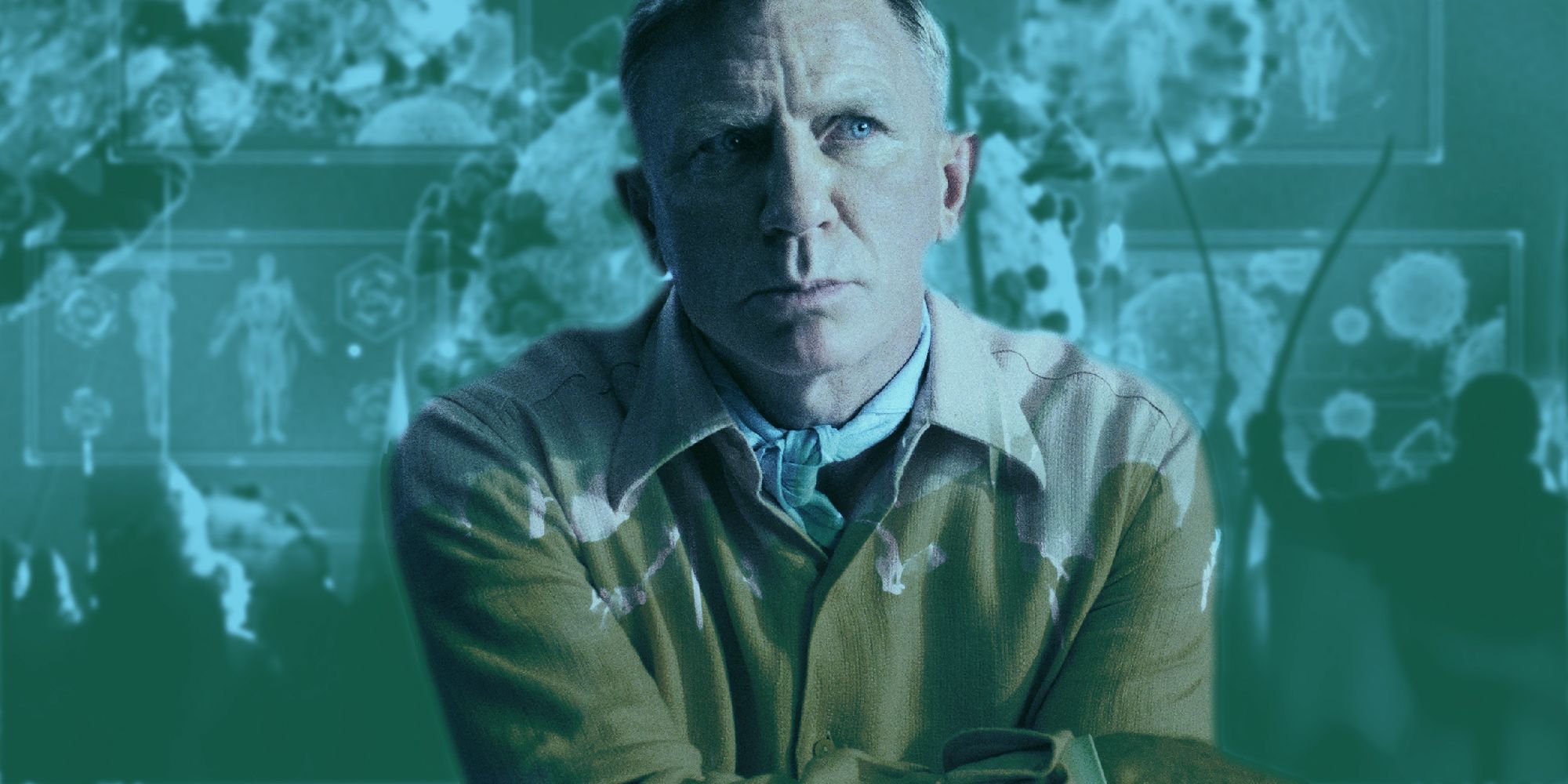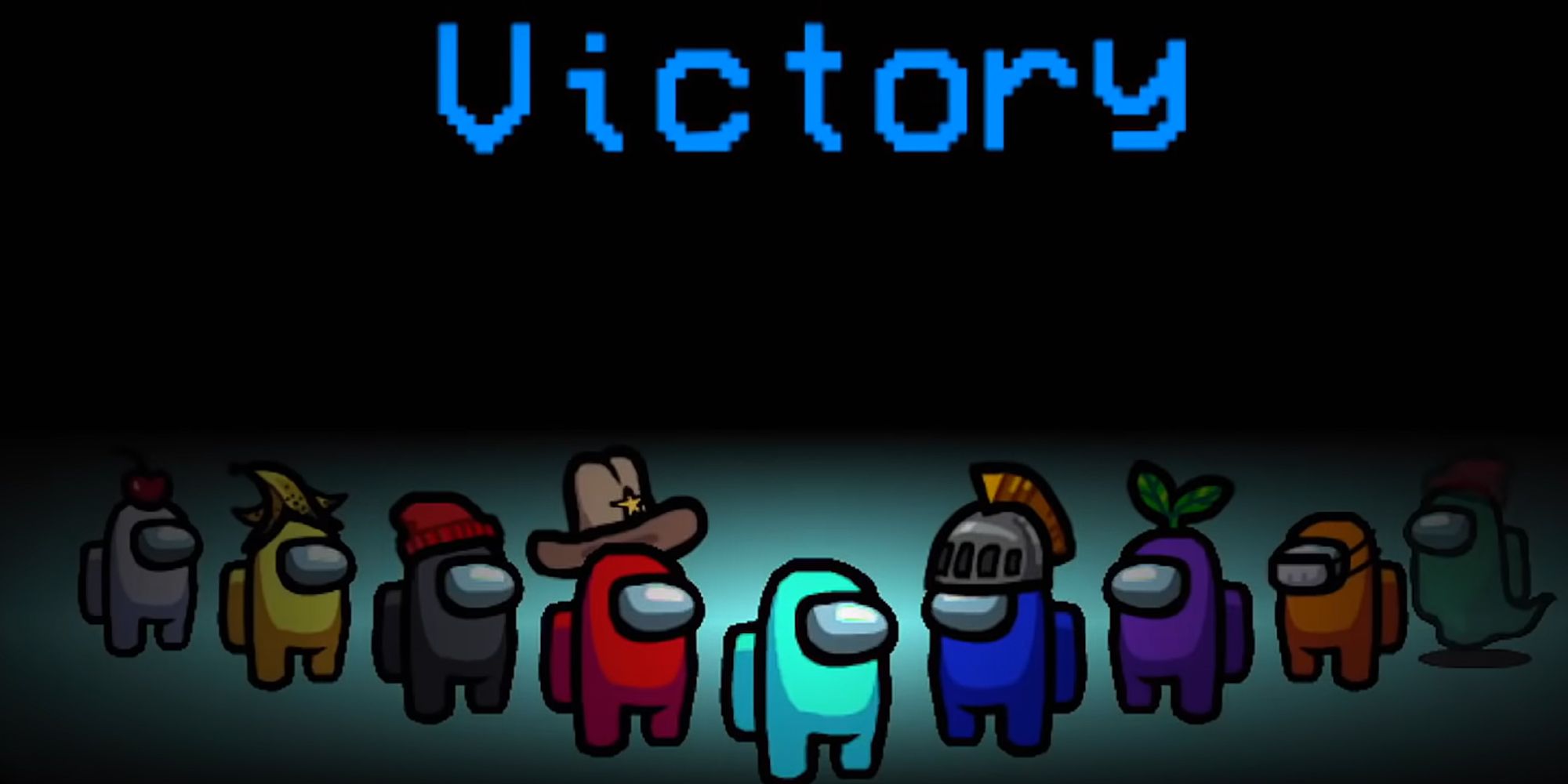When I settled into my seat for Glass Onion: A Knives Out mystery, I thought I knew what to expect. With the murder mystery genre there is the need to expect the unexpected, but of course in expecting the unexpected the fact that there were twists, turns, and red herrings would not be a surprise in itself, even if the individual moments would still surprise. Confused? Just as I expected. What I did not expect, however, was that this would be the most perfect movie for our time.
Away from the plot itself, there were a few surprises in the makeup of the film. The good: Kate Hudson returns from the wilderness of romcoms and semi-retirement with her best turn in years. The bad: Ethan Hawke’s role is a mere cameo. And the strange: Benoit Blanc plays Among Us with Angela Lansbury over Zoom. That final point, while the silliest, is also the most telling - Glass Onion fully embraces being a 2022 movie.
This article contains spoilers for Glass Onion.
Though there has been an ebb and flow to the Hollywood release cycle in recent years, few major movies have referenced the pandemic in any meaningful way. Instead, we see ripples of it - Disney shunting several promising movies onto streaming, only to reverse this policy and leave Strange World to die. Top Gun: Maverick was delayed and delayed and delayed until the perfect moment to shatter box office records. Independent cinema has been forced to make use of smaller spaces, like Netflix’s Windfall, set in a single location and with a cast of just three stars and one supporting member.
Some have tried, but none have truly captured the pandemic. The Bubble was a very celebrity-centric version of lockdown, an indulgent look at the hardships of the rich and famous. It was the movie equivalent of Gal Gadot singing Imagine. Kimi, starring Zoe Kravitz, centres around an agoraphobic with complex feelings towards the way the world was turned upside down - interesting, but not all that relatable.
The closest is Bo Burnham’s Inside, a comedy musical concept filmed entirely by Burnham himself in lockdown, which is part stand-up, part concert, part portrait of unhinged loneliness at a time when we were forced to be isolated from connection. It perhaps captures the frustration and emotions of the pandemic, but not the reality. Enter Glass Onion.
At first, it seems as though it’s only going to dance around the edges of the pandemic. We see a politician recording a TV interview from home and a scientist talking over Zoom with colleagues. These are nods to the pandemic without confronting the reality of it. Then we see a celebrity at a house party and it seems the pandemic did not occur in this reality - until they all talk on the phone and said celebrity reveals (obviously lying) that the partygoers are all in her bubble. We see the rules being flagrantly disregarded by those rich enough, just as with the Kardashian lockdown birthday.
Then we see Among Us. Blanc, a rule-following citizen, has obeyed the lockdown order for the safety of his fellow man, and is frustrated at being cooped up at home. He refuses to leave the bath, is irritated by the simple games like Among Us he is forced to play without a case to investigate, and thus is the best representative of what the lockdown meant to us all. This continues when the characters meet up. Benoit, the politician, and scientist are masked up, the celebrity has a fashion mask that offers no protection, her assistant wears a basic surgical mask, and a men’s rights activist who is also part of the group is unmasked entirely. They’re then given what amounts to a super-vaccine, which is something of a convenient plot device to allow them to take off their masks, but also plays on the whole ‘rich people have a secret vaccine they’re keeping from us’ theory.
But it’s not just the pandemic. Ed Norton’s character is a loser who only wants to be cool and liked, who buys popularity and can’t even get that right. A foolish, indulgent billionaire whose wealth and status is unearned, and who is constantly playing the part of the smartest man in the room without ever being it. And the others let him play it, because they are paid extras at his cosplay convention where he’s Tony Stark 24/7. Part of his wealth comes from scribbled crypto nonsense that people much smarter than he assembled into a business proposition. He’s obsessed with a single sci-fi idea he barely understands and is desperate for any form of immortality. It’s a little reductive to say ‘he’s Elon Musk’. But he’s Elon Musk.
Even towards the end of the movie, when Blanc has solved the case, he admits he is powerless to do any more. He is a servant of the system, and the system is designed to help certain people. If you want to beat them, you have to burn the system down. The whole final act is a metaphor for purposeful rioting and revenge against the system. It’s far more than just solving a crime.
Overall, I think Glass Onion is a little weaker than Knives Out. It has more diverse character writing, better individual moments, and an even more impactful and political ending than the first - but there’s a huge act two twist that loses me. If not from a suspension of disbelief point of view, then certainly with regards to the pacing and tautness of the overall mystery. It’s a fantastic movie, but it allows me to get my breath in a way Knives Out never did, and so I think I have to hand it to the original.
Glass Onion: A Knives Out Mystery is a wonderfully woven tale of hubris and revenge, but most impressively, it is a 2022 movie in ways nothing else released this year can compare to. While it builds around a centrepiece of timeless immortality, Glass Onion is firmly of the moment.




